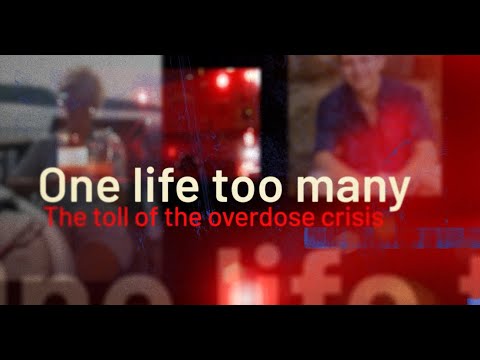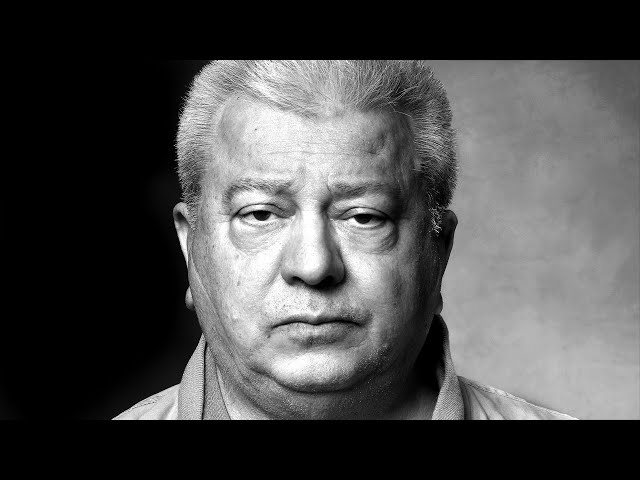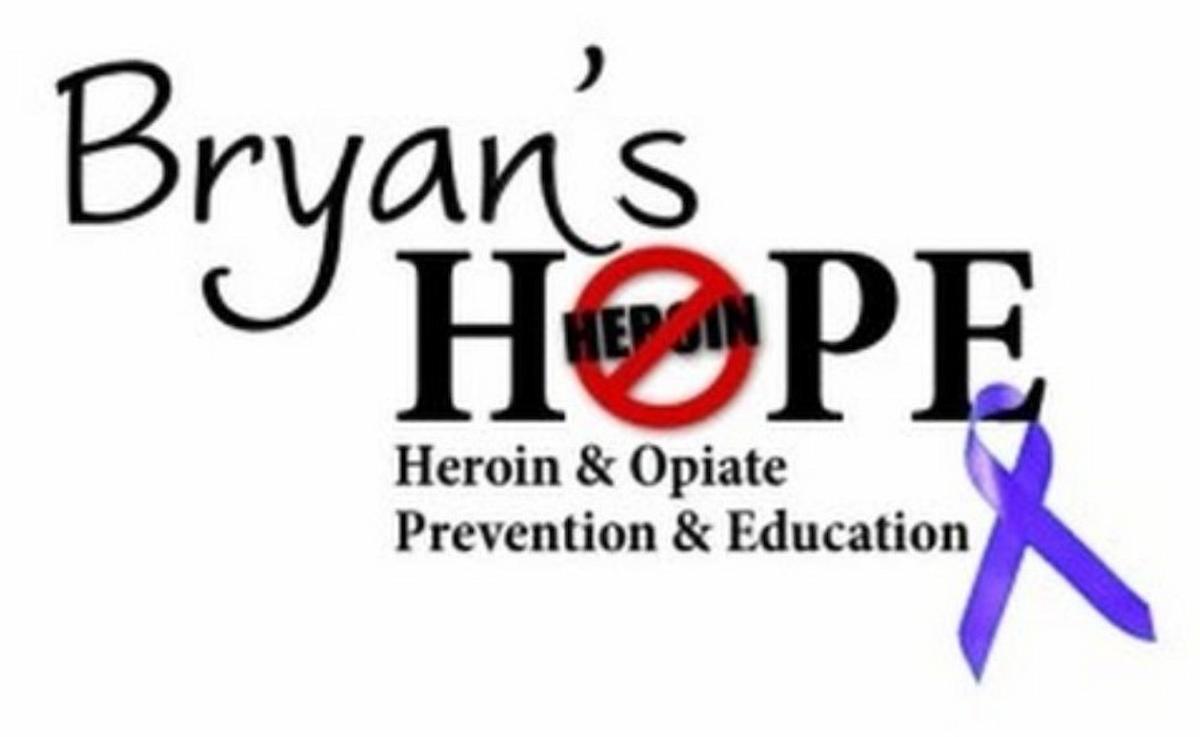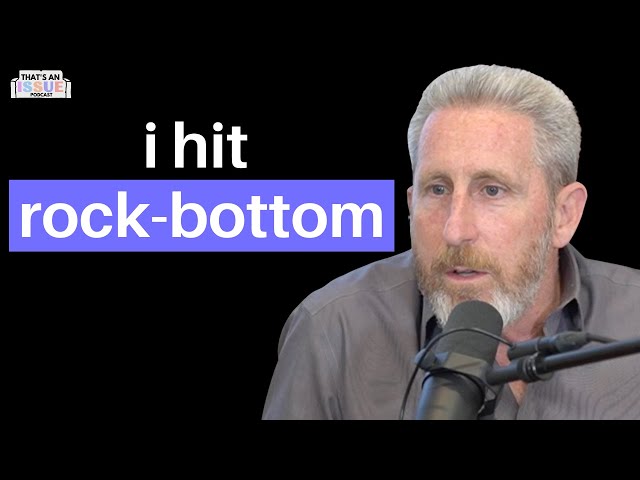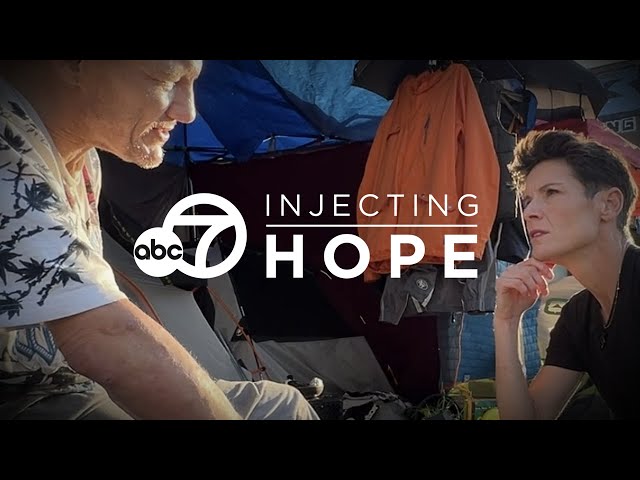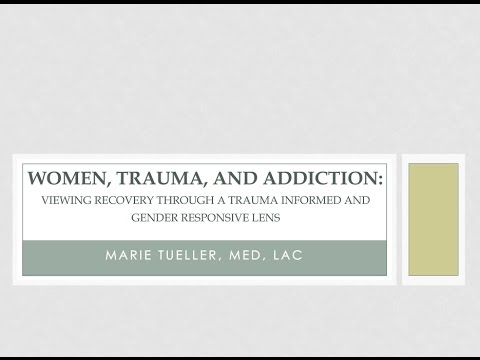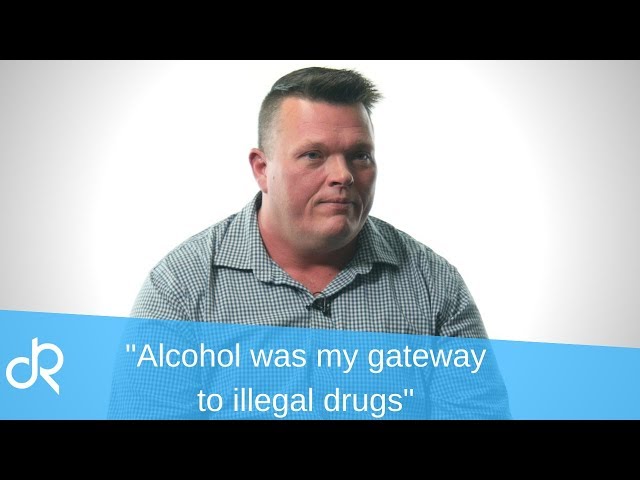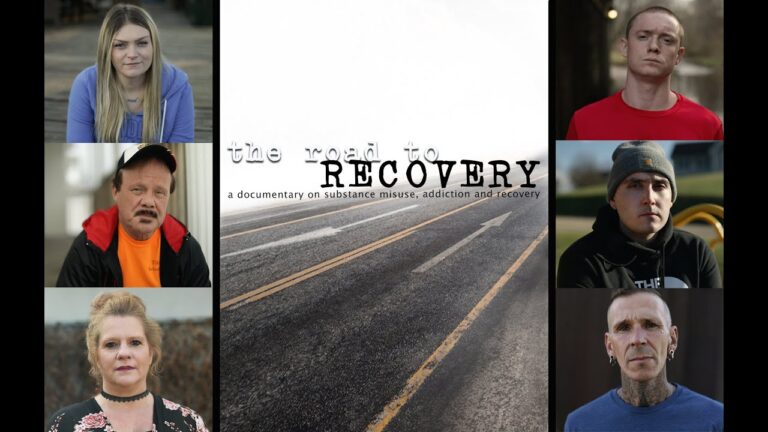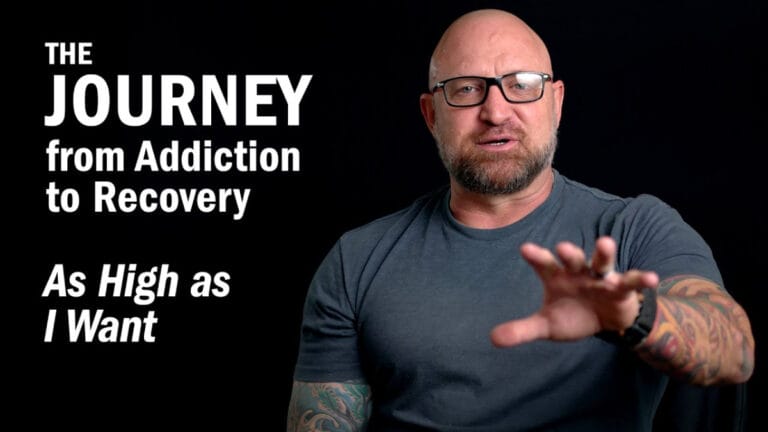Introduction
Michael Mooney remembers throwing coins up against a wall with classmates to win lunch money at 10 years old. At 17, he spent a year behind bars for heroin possession, while his family moved to Las Vegas. Given the choice between prison and substance abuse recovery, Mooney committed to a clean lifestyle. Through a 12-step program, he swore off substances in 1991, but didn’t prioritize addressing his gambling addiction.
On his honeymoon, while waiting for his new wife and in-laws to meet for dinner, he placed some bets at the hotel casino. He was first up couple thousand, then down a couple thousand, when he got decided to try to break even and leave. Instead, over seven hours, he lost well over $10,000 in cash given to the couple as wedding gifts, he said.
He quit gambling the day after his honeymoon, May 1, 1995, and he hasn’t made a single bet since. Mooney’s path of substance abuse recovery led him to obtain a master’s degree in psychology and get certified in counseling for substance abuse and gambling. He now runs Choices Counseling Center in Roseville, and focuses on helping people with gambling problems. [Source: MichiganLive]
Watch Now!
Quotes
“When I was a little boy, 6 or 7 years of age, I remember getting together with other children and we would pinch pennies … as innocent as that sounds, it kind of set the mind that there’s a way that you can advance in life without putting effort, just if you’re lucky or if you’re skilled or if you could win a game some kind of way … that you wouldn’t have to really work for a living. So I grew up with the fascination of gambling.”
“Gambling, for many people, is a social type of event – gamble for fun, gamble for entertainment. But when it comes to the problem side of gambling, the hallmarks of my addiction, as others, is the mental obsession, the physical compulsion, and the loss of control.”
“Chasing the high is a common experience but it often is an escape to try to gain more pleasure or relief from some of the stress of daily life … for problem gamblers there’s financial stress and pressures, and to gamble gives them at least a temporary relief in the hope that maybe things will get better despite their history of losses.”
“It’s not hard to win money gambling. The hard part for the problem gamblers is to actually leave with the money still in their pocket. … the more you win, the more you play, the more you play, the more you lose.”
“Many gamblers that eventually develop a problem report having a significant win early on … that seems to set a hook that over time will draw you back and back.”
“Beginniners luck is really that you have healthy boundaries – you don’t stay longer than you planned on staying, you don’t gamble with money you can’t afford to lose, you’re not lying to anyone – so it’s not hard to win when you have boundaries and actually take the money out of the casino.”
“Over time, many gamblers, our attention, are drawn to the excitement, the exhiliration, of the casinos becuase the truth is that in our modern society, nothing comes close to the high levels of stimulation and excitement [of gambling].”
“As time progresses, for some, it enters a desperation phase, when there’s a lot of secrecry – you’re gambling with money that you know cannot be replaced, you’re mentally obsessed when you’re not gambling, and for some gamblers, after going through that, there’s the hopelessness phase. This is where you’ve done things gambling that there’s no coming back from and it is this hopeless sensation that often leads gamblers to contemplate suicide or attempt suicide much more than alcoholics or drug addicts.”
Continue Learning
Hey there! I hope you found this resource useful! If you’re interested in learning more about some of the topics discussed, you can browse through these additional resources. Please don’t hesitate to contact me if you need help with anything else.
Gambling Disorder
- DSM-5 Diagnosis for Gambling Disorder [PDF]
- Gamblers Anonymous
- Gambling Addiction & the Brain
- Gambling Disorder
- How Anticipation Primes the Brain for Problem Gambling
- How Gambling Affects the Brain & Who is Most Vulnerable to Addiction
- My Gambling Addiction Ruined My Life
- The Psychology of Gambling
- The Psychology of Gambling
- The Rise & Fall of a Gambling Addict
- The Science Behind Gambling
- The Secret World of Female Gamblers
- The Silent Addiction
- Treatment Recommendations for Gambling Disorder
- Women’s Gambling Behaviour
Share Your Opinion
If you have finished reviewing this resource and have some spare time, I would greatly appreciate it if you could provide your opinion. Was it useful and informative? Did you run into any problems or find something distasteful? I’m thankful for any constructive and helpful feedback to help me improve.
* Your review will be for this specific post and as a result will affect the star rating of the resource. All submissions are reviewed for approval to filter out spam and inappropriate comments. Your email is requested as I may want to follow-up with you. Please also be aware that your review may be placed publicly on this website for others to read.
There are no reviews yet. Be the first one to write one.


